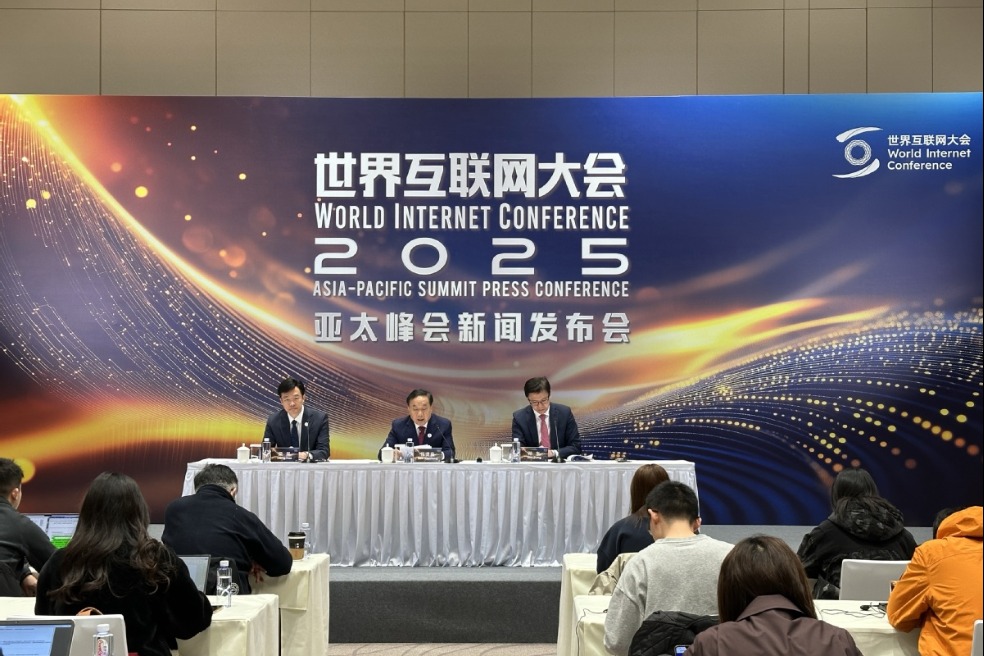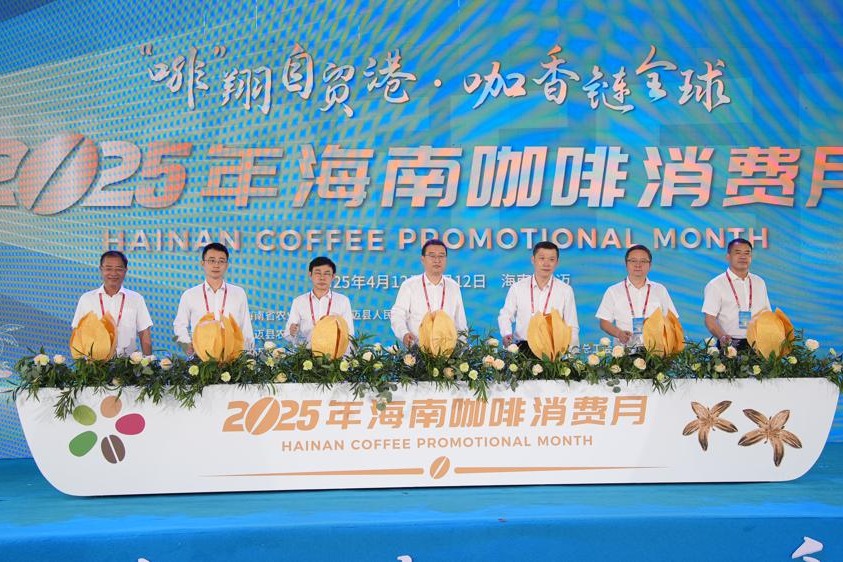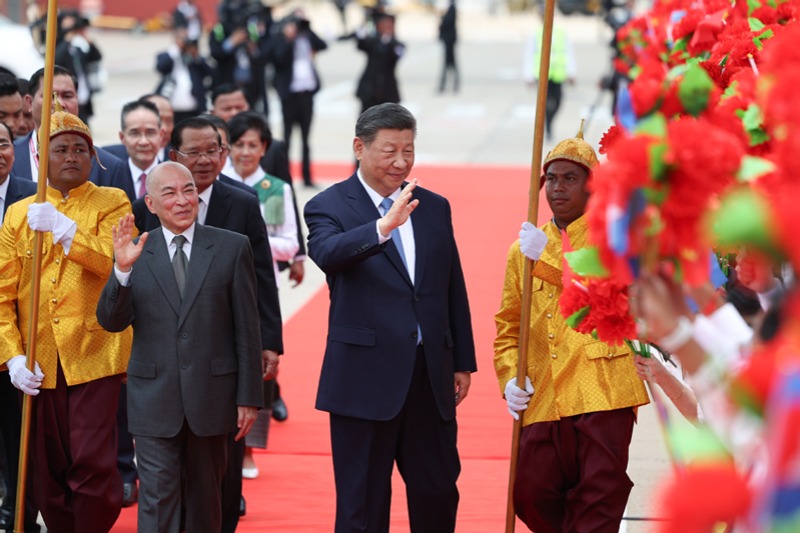Survey: 97% of US firms in China are profitable


The overwhelming majority of US companies are making profits and witnessing unprecedented progress in intellectual property protection in China, yet they also felt the pinch of the trade tensions between the world's two biggest economies, according to a survey released by the US-China Business Council on Thursday.
The annual member survey, completed in June on 100 US companies — about half of the USCBC membership, found 97 percent of the companies responded "yes" to the question "Are your China operations profitable?"
"The vast majority of companies report their China operations are profitable – so much so that the number of respondents reporting a profit margin rate for their China operations that is higher than that of their overall operations jumped from 38 percent to 46 percent in 2019," it said.
But only a slight majority anticipate that revenue will increase next year, down 26 percent from last year, showing that tariff uncertainty, the trade conflict, and a deteriorating market environment are negatively affecting the business outlook for American companies, according to a press release.
"The trade war is having a tangible, negative impact on American companies — almost one half of our companies said that they lost sales in China due to tariffs," USCBC President Craig Allen said at a news conference.
"This obviously is a competitive benefit for European, Japanese or Chinese competitors," he said.
Allen said that returning to the negotiating table is "urgent" and "critical", because American companies, workers, farmers, ranchers and consumers are being hurt by the tariffs and the uncertainty that they engender.
In response to a question if the survey found signs of "decoupling" of the two economies, Allen said, "we don't see a great deal of evidence that our members are leaving China at all."
Rather, investments in China are healthy, and most American companies there understand that China will remain one of the primary engines of global growth for the foreseeable future, he said.
The survey found that 87 percent of US businesses hadn't moved or do not plan to move any of its operations out of China in 2019, which is 5 percentage points lower than in 2017. One-tenth of the responders said they moved or planned to move to another location.
Allen said there is always supply chains adjustment for multiple reasons, especially increasing costs of labor in China so that some of the more labor-intensive assembly type of operations are leaving, a phenomenon that has been accelerated as a result of the tariffs.
Allen also said the global economy requires a "stable, rapidly growing China".
"If (China's) growth continues, we can continue to grow our exports to China, and those exports are welcomed by 300 million middle class Chinese consumers," he said.
"I think that is not a dream that we can have a strong, prosperous, stable China, which is a good economic partner of the United States over time, and that is an objective that we should work towards," he said.
Despite revenue increase and profit margins of US companies ticking up, the view that China's market environment deteriorated in 2019 was held by 37 percent, up from 21 percent in 2018, of those businesses surveyed.
The survey also identified the "top 10 challenges" for US businesses in China, including US-China relations, competition with Chinese companies, licenses and approvals, cost increases, data flows, and intellectual property rights enforcement.
Notably, 58 percent of respondents reported improved IPR protection in the China market, the highest level in any USCBC member survey. The rest 42 percent perceived no change, and none reported the protection had worsened.
"The reason that we attribute this is that China has continued to take steps aimed at IP protection," said Jake Parker, senior vice-president of the USCBC.
For example, China has set up a Supreme Court IP appeals mechanism, made amendments to the trademark law, anti-unfair competition law which address some of the challenges companies have faced in the market, he said.




































